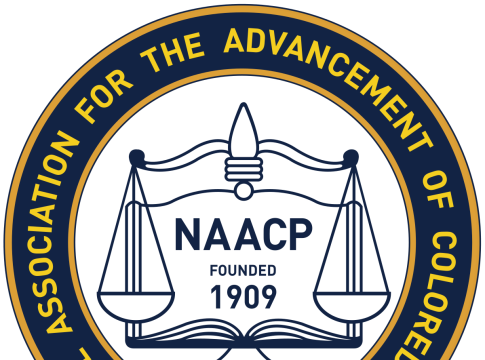Code Enforcement Emerges as a Vital Tool Against Urban Crime in Racine
In a concerted effort to combat crime and revitalize urban neighborhoods, city officials and community advocates are turning their focus towards an often-neglected strategy: code enforcement. As crime rates persist in inner-city areas like Racine, the push for stricter adherence to building and safety codes could prove decisive in transforming communities ravaged by neglect and disinvestment.
Addressing Urban Decay
Urban decay is frequently characterized by vacant properties, dilapidated structures, and unkempt lots. These signs of disrepair far exceed aesthetic concerns; they create an environment perceived as lawless and vulnerable to criminal activities. Abandoned buildings become havens for illicit drug dealings and other nefarious schemes, perpetuating a cycle of crime that is difficult to break.
"Crime thrives in areas where blight persists," explained Walter Williams, President of the Racine branch of the NAACP. "When the city invests in proactive, consistent code enforcement, it changes the game."
The Civil Rights Angle
The NAACP has been a staunch advocate for equitable policies that ensure marginalized communities receive the same attention and resources as wealthier neighborhoods. Williams emphasized that conditions affecting housing often correlate directly with broader societal issues, such as poor health outcomes and educational deficiencies.
"Environmental and housing justice are civil rights," he stated, highlighting the long history of systemic inequities that persist in urban settings. Implementing robust code enforcement is one way cities can hold negligent property owners accountable and pave the way for community reinvestment.
Restoring Trust and Dignity
Effective code enforcement can do more than reduce crime; it can also help restore faith among residents in their local government. According to Williams, when community members see the city following through on its commitment to uplift and revitalize neighborhoods, they are more likely to engage in safety initiatives, such as neighborhood watches and reporting suspicious activities.
However, Williams cautioned against allowing enforcement mechanisms to be weaponized against vulnerable populations. Advocacy groups like the NAACP play a crucial role in ensuring that enforcement is balanced with compassion. "We must assist low-income homeowners so they aren’t unfairly penalized," he noted. "Justice demands a careful equilibrium between accountability and support."
A Call to Action
With 1,803 properties in Racine’s 3rd District alone, the urgency of the situation is apparent. Over the last five years, 1,357 of those properties received citations for code violations, alongside 1,035 police calls to the area during the same period.
"This should be our call to action," Williams urged, inviting residents to take advantage of available city resources aimed at homeowner assistance. "Code enforcement is not meant to punish; it’s a reminder that every individual plays a role in keeping our neighborhoods safe."
As Racine navigates its path toward revitalization, the importance of code enforcement as a tool for crime reduction, neighborhood renewal, and racial equity cannot be overstated. As advocates continue to rally support, the focus remains clear: ensuring that revitalization efforts uplift rather than displace long-standing community members.
Stay Informative
The Racine County Eye remains committed to delivering updates on local initiatives that serve our diverse communities. For residents wishing to learn more about available resources or share concerns, the city development office stands ready to assist.

Focuses on crime, public safety, and regional events.
Bio: Marcus is a community-based journalist passionate about reporting impactful stories that matter most to readers.

